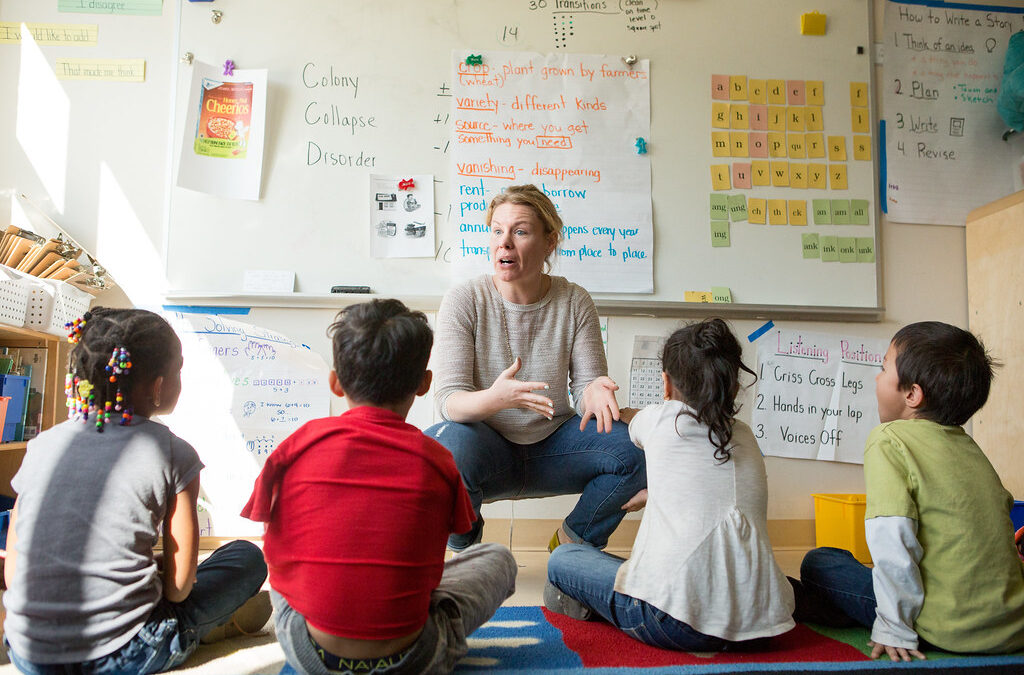Teachers Are Going All In on Generative AI

Artificial Intelligence (AI) has become an increasingly influential technology in education, transforming the way teachers provide instruction and students learn. Among the various branches of AI, generative AI, also known as creative AI, has caught the attention of educators worldwide. Teachers are wholeheartedly embracing generative AI and exploring its potential to enhance the teaching and learning experience.
Generative AI refers to algorithms and models that can generate new and original content autonomously, imitating human creativity. This technology enables machines to understand patterns and create realistic outputs such as images, music, and even text. Teachers are excited about the possibilities this technology brings to the classroom.
Enhancing Creativity and Engagement
Generative AI empowers teachers to introduce students to a novel creative process. By using AI-generated content as a source of inspiration, educators are encouraging students to think outside the box and explore new perspectives. AI-generated art, music, and storytelling provide a fresh approach to traditional subjects, sparking curiosity and enhancing engagement among learners.

Personalized Learning Experiences
With generative AI, teachers can tailor educational content to meet the individual needs and preferences of each student. By analyzing vast amounts of data, AI algorithms can identify knowledge gaps, suggest personalized learning resources, and even generate custom quizzes and exercises. This approach enables educators to support students at their own pace, increasing efficiency, and fostering better learning outcomes.
Assisting in Grading and Feedback
Generative AI tools can assist teachers in grading assignments and providing valuable feedback. By automatically analyzing students’ work in real-time, AI algorithms can identify strengths and weaknesses, offering targeted feedback that helps students improve their skills. This saves educators time on routine grading tasks, allowing them to dedicate more energy to genuine interaction and mentoring.

Ethical Considerations and Limitations
While generative AI presents exciting opportunities, teachers acknowledge the importance of addressing ethical considerations. Educators must teach students about responsible AI usage, including understanding the limitations and potential biases associated with AI-generated content. It is crucial to foster critical thinking and ensure that students are aware of the role AI plays in their education.
Furthermore, generative AI still has limitations. Although AI models are continually improving, they may not always produce content that fully matches human creativity. Teachers must strike a balance between AI-generated material and human interaction to create a well-rounded learning experience.
The Future of Education
As teachers continue to explore and integrate generative AI into their teaching practices, the future of education looks promising. AI technologies have the potential to revolutionize education by personalizing learning, enhancing creativity, and optimizing feedback. Educators are at the forefront of this paradigm shift, where technology and human expertise work cohesively to empower students and create impactful learning experiences.
Teachers going all in on generative AI demonstrates their commitment to embracing technology and innovation to unlock the full potential of education in the digital age.


Recent Comments